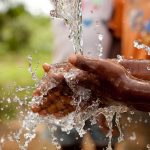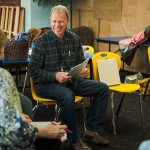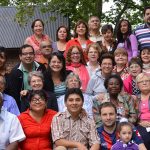Bill & Sharon Bieber, Regional Coordinators, SE Asia & West Pacific
We first noticed Emma Wakpi because she seemed to be smiling all the time. As we got to know her, that sunny smile revealed a somewhat shy but brilliant and competent young Papua New Guinean woman. She had just returned to PNG after completing her bachelor’s degree in Business in Australia. In her job interview with the administrator of the mission where she worked when we met in Goroka, she told them that she could do any financial or administrative work as long as it did not involve answering the telephone or talking to people! They knew that would change with time, so they hired her.
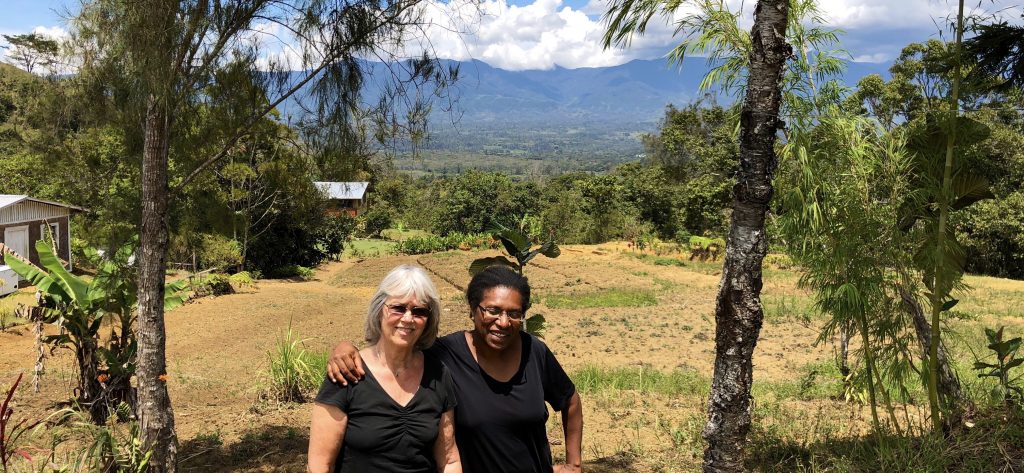
We encouraged Emma to attend the Community Health Evangelism (CHE) training in 2003, and it became obvious that she had a natural communication gift that inspired others. We realized her leadership potential under that shy exterior. Soon these gifts became recognized in her workplace, in the communities where she taught CHE lessons, and at the national level of Christian Health Services where she became part of the executive team. Her influence there helped CHE become accepted as the disease prevention strategy of Christian Health Services and was recommended for all the church-run health facilities in the country. This passion to help CHE spread and to watch communities transform continues, as in 2018 Emma completed a master’s degree in Health Policy, Planning and Leadership in Perth, Australia. It also makes her a logical leader to contribute to MAI as a full member and to extend her influence by taking over the role we have been doing in the Pacific Region.
Transition. Ownership. Sustainability. Partnerships. It all seems a maze, but gradually the mist lifts and the way forward becomes clear. Consistent with MAI goals and principles, we know that local leaders will relate better than outsiders in the culture they understand. Still, one of the issues in transitioning to local leadership and ownership is replacing outside financial dependence. As we talked through the need for long-term sustainability with Emma, a social entrepreneurship idea emerged—like a community-asset map that reveals local resources, coffee production came to the surface. Emma’s father owned a coffee processing factory that was sitting idle in the middle of their tribal lands. The tribal lands are owned by small coffee farmers capable of growing some of the best coffee in the world. It seemed a no brainer!
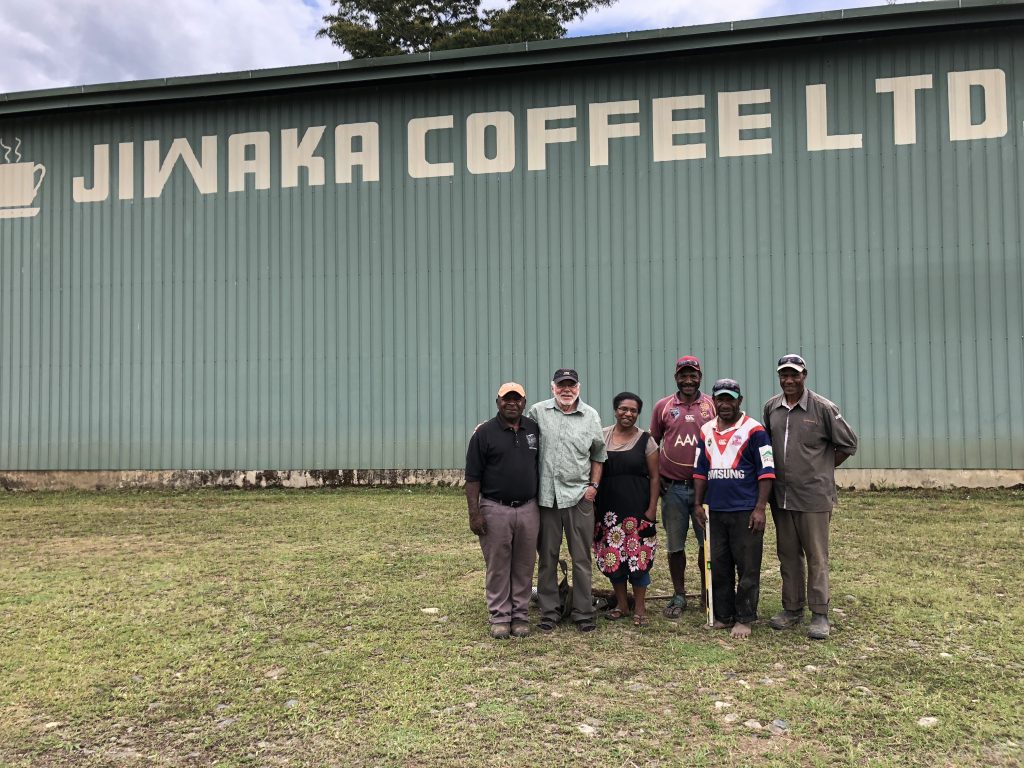
A Christian coffee consultant became known to us at about the same time. His expertise promises to make improvements to the mill, enabling it to produce specialty grade coffee and help market it to world consumers. From the coffee cherry to the cup, the hope will be to see the chain shortened and the profits returned to PNG, giving support for farmers and their community development, for Emma’s personal and ministry needs as Area Coordinator, for other trainers in the area who need travel funds to keep visiting their communities…and for us coffee drinkers who want our daily grind to count for the Kingdom. We believe it can all happen with God’s help and for His glory.



